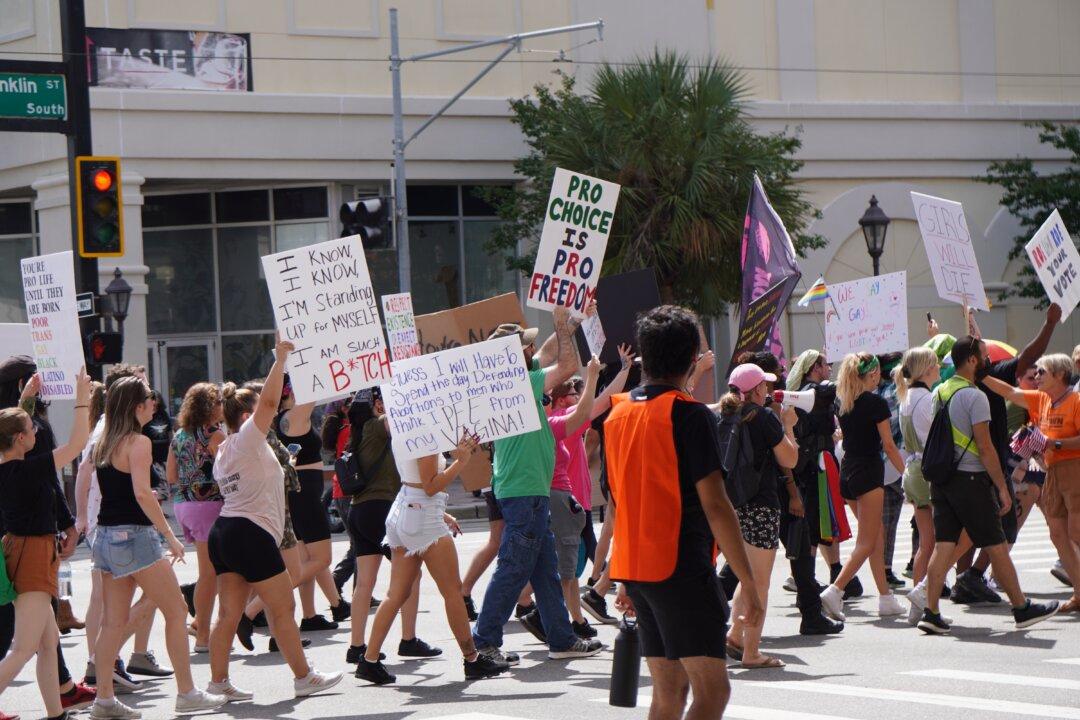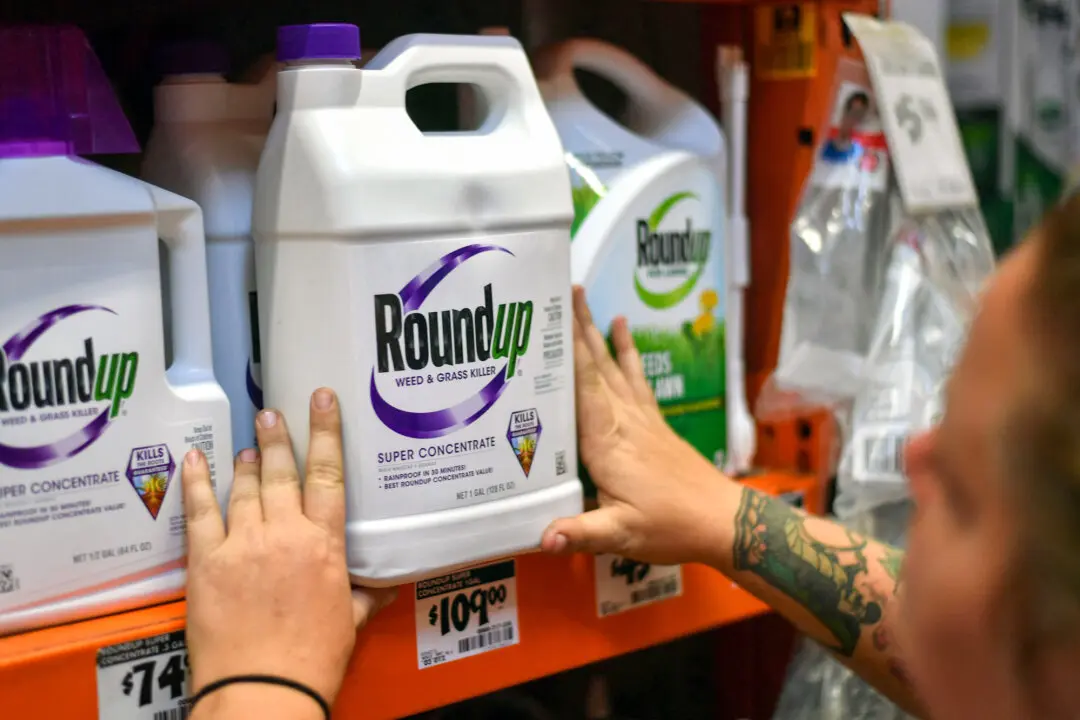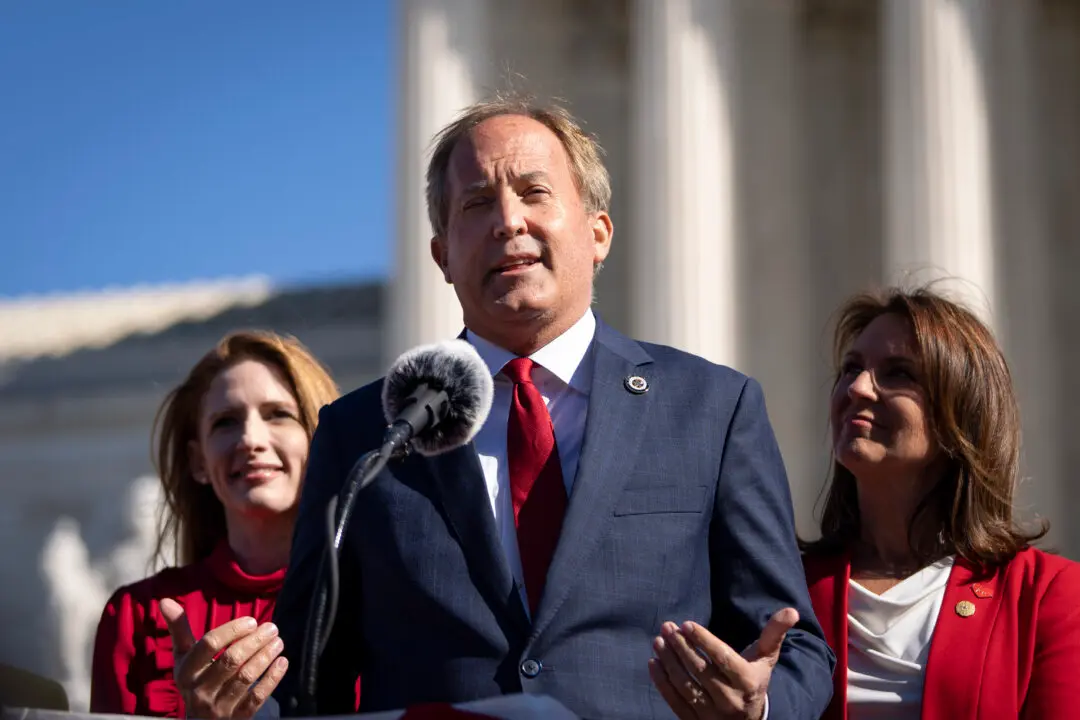A group trying to enshrine abortion access in Florida’s state constitution amassed enough petition signatures to get its amendment on the 2024 ballot.
Floridians Protecting Freedom (FPF) announced it currently has 911,169 signatures, verified by the Florida Division of Elections. The group needed 891,523 petitions to get the proposed amendment on the official ballot, which is equal to 8 percent of the total number of votes cast in Florida during the previous presidential election.





